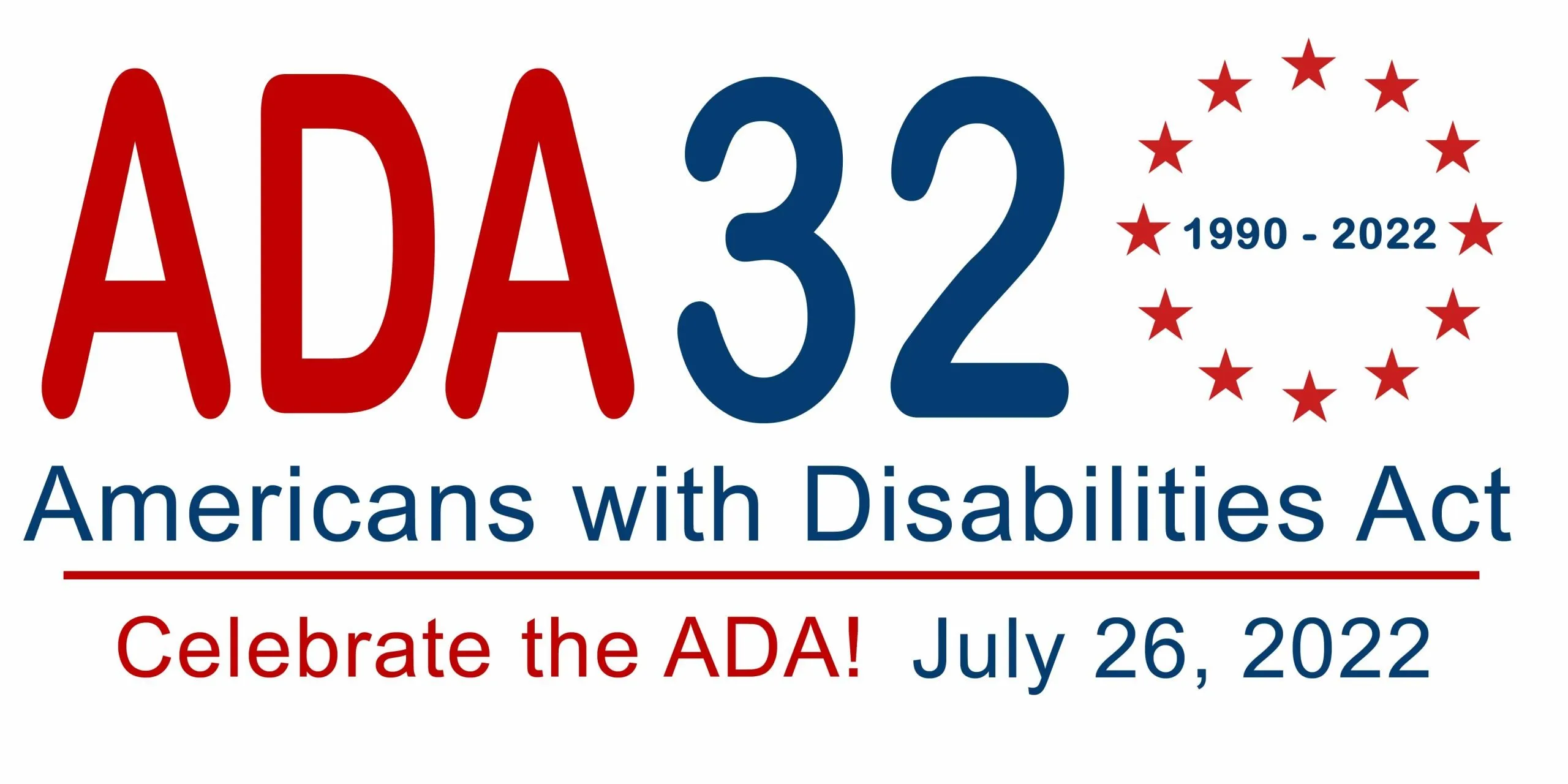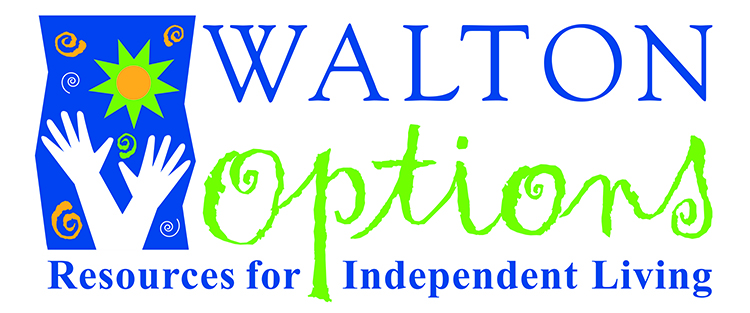Disability Rights are Civil Rights
As a person with a disability, you are entitled to the right to live, work and play in the community independently. The last three decades have seen great strides in solidifying these rights.
The Americans with Disabilities Act
 The Americans with Disabilities Act (ADA) is one of the most influential pieces of legislation to become law that directly effects the disability community. Passed in 1990, the ADA is a civil rights law that prohibits discrimination against individuals with disabilities in all areas of public life, including jobs, schools, transportation, and all public and private places that are open to the general public.
The Americans with Disabilities Act (ADA) is one of the most influential pieces of legislation to become law that directly effects the disability community. Passed in 1990, the ADA is a civil rights law that prohibits discrimination against individuals with disabilities in all areas of public life, including jobs, schools, transportation, and all public and private places that are open to the general public.
The purpose of the law is to make sure that people with disabilities have the same rights and opportunities as everyone else. The ADA gives civil rights protections to individuals with disabilities similar to those provided to individuals on the basis of race, color, sex, national origin, age, and religion. It guarantees equal opportunity for individuals with disabilities in public accommodations, employment, transportation, state and local government services, and telecommunications.
The ADA is divided into five titles (or sections) that relate to different areas of public life:
- Title I – Equal Employment Opportunity for Individuals with Disabilities
- Title II – Nondiscrimination on the Basis of Disability in State and Local Government Services
- Title III – Nondiscrimination on the Basis of Disability by Public Accommodations and in Commercial Facilities
- Title IV – Telecommunications Accessibility
- Title V – Miscellaneous Provisions relating to the ADA as a whole including its relationship to other laws, state immunity, its impact on insurance providers and benefits, prohibition against retaliation and coercion, illegal use of drugs and attorney’s fees.
In 2008, the Americans with Disabilities Act Amendments Act (ADAAA) was signed into law and became effective on January 1, 2009. The ADAAA made a number of significant changes to the definition of “disability.” The changes in the definition of disability in the ADAAA apply to all titles of the ADA.
Workforce Innovation and Opportunity Act
The Workforce Innovation and Opportunity Act (WIOA) was signed into law by President Obama on July 22, 2014 to help job seekers – including those with disabilities- access the services they need to succeed in employment and match employers with more skilled workers. We support this through our Employment First position with a variety of practices and programs. Learn more about our Employment First position and learn more about our Employment Services.
If you are interested in more information about Rights and Resources, please contact Walton Options on 706-724-6262 to speak with an Information and Referral Specialist. Or complete the Self-Referral Form online by clicking here.
Looking for more resources? Click on the links below to find out more about Advocacy.

